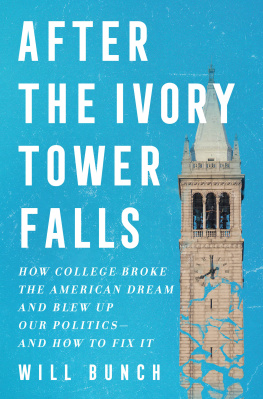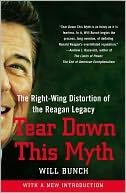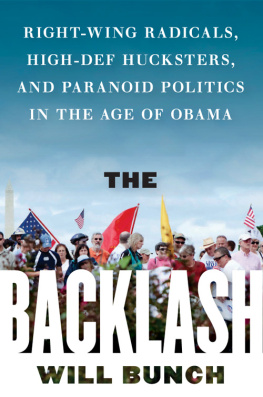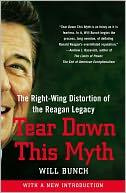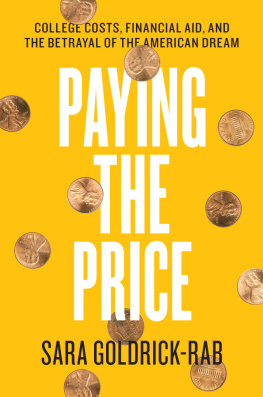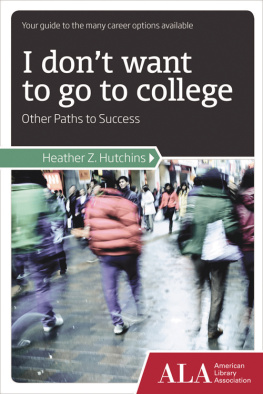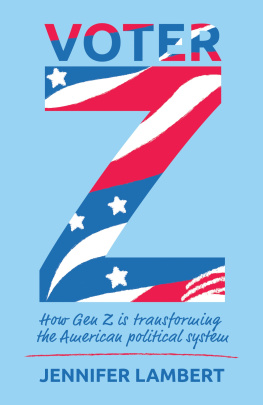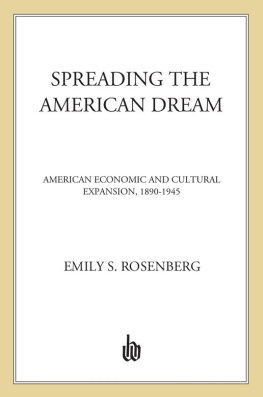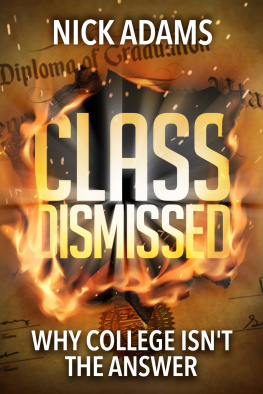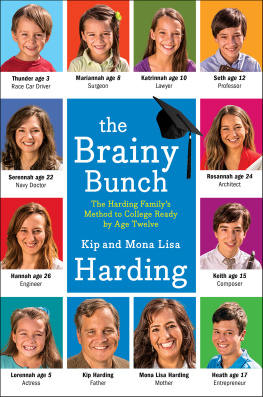Will Bunch - After the Ivory Tower Falls: How College Broke the American Dream and Blew Up Our Politics―and How to Fix It
Here you can read online Will Bunch - After the Ivory Tower Falls: How College Broke the American Dream and Blew Up Our Politics―and How to Fix It full text of the book (entire story) in english for free. Download pdf and epub, get meaning, cover and reviews about this ebook. City: New York, year: 2022, publisher: William Morrow, genre: Science. Description of the work, (preface) as well as reviews are available. Best literature library LitArk.com created for fans of good reading and offers a wide selection of genres:
Romance novel
Science fiction
Adventure
Detective
Science
History
Home and family
Prose
Art
Politics
Computer
Non-fiction
Religion
Business
Children
Humor
Choose a favorite category and find really read worthwhile books. Enjoy immersion in the world of imagination, feel the emotions of the characters or learn something new for yourself, make an fascinating discovery.
- Book:After the Ivory Tower Falls: How College Broke the American Dream and Blew Up Our Politics―and How to Fix It
- Author:
- Publisher:William Morrow
- Genre:
- Year:2022
- City:New York
- Rating:3 / 5
- Favourites:Add to favourites
- Your mark:
After the Ivory Tower Falls: How College Broke the American Dream and Blew Up Our Politics―and How to Fix It: summary, description and annotation
We offer to read an annotation, description, summary or preface (depends on what the author of the book "After the Ivory Tower Falls: How College Broke the American Dream and Blew Up Our Politics―and How to Fix It" wrote himself). If you haven't found the necessary information about the book — write in the comments, we will try to find it.
From Pulitzer Prizewinning journalist Will Bunch, the epic untold story of collegethe great political and cultural fault line of American life
This book is simply terrific. Heather Cox Richardson, publisher of the Letters from an American Substack
Ambitious and engrossing. New York Times Book Review
A must-read. Nancy MacLean, author of Democracy in Chains
Today there are two Americas, separate and unequal, one educated and one not. And these two tribesthe resentful non-college crowd and their diploma-bearing yet increasingly disillusioned adversariesseem on the brink of a civil war. The strongest determinant of whether a voter was likely to support Donald Trump in 2016 was whether or not they attended college, and the degree of loathing they reported feeling toward the so-called knowledge economy of clustered, educated elites. Somewhere in the winding last half-century of the United States, the quest for a college diploma devolved from being proof of Americas commitment to learning, science, and social mobility into a kind of Hunger Games contest to the death. That quest has infuriated both the millions who got shut out and millions who got into deep debt to stay afloat.
In After the Ivory Tower Falls, award-winning journalist Will Bunch embarks on a deeply reported journey to the heart of the American Dream. That journey begins in Gambier, Ohio, home to affluent, liberal Kenyon College, a tiny speck of Democratic blue amidst the vast red swath of white, post-industrial, rural midwestern America. To understand the college question, there is no better entry point than Gambier, where a world-class institution caters to elite students amidst a sea of economic despair.
From there, Bunch traces the history of college in the U.S., from the landmark GI Bill through the culture wars of the 60s and 70s, which found their start on college campuses. We see how resentment of college-educated elites morphed into a rejection of knowledge itselfand how the explosion in student loan debt fueled major social movements like Occupy Wall Street. Bunch then takes a question we need to ask all over againwhat, and who, is college even for?and pushes it into the 21st century by proposing a new model that works for all Americans.
The sum total is a stunning work of journalism, one that lays bare the root of our political, cultural, and economic divisionand charts a path forward for America.
Will Bunch: author's other books
Who wrote After the Ivory Tower Falls: How College Broke the American Dream and Blew Up Our Politics―and How to Fix It? Find out the surname, the name of the author of the book and a list of all author's works by series.

